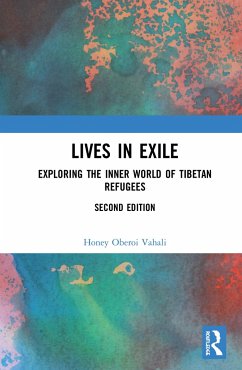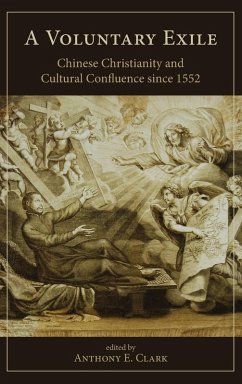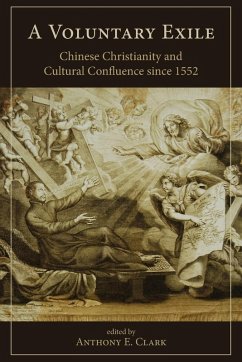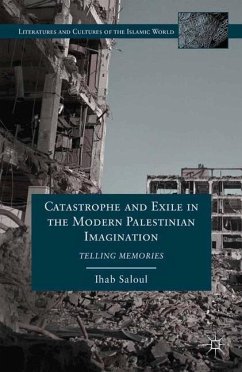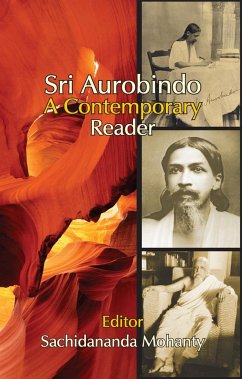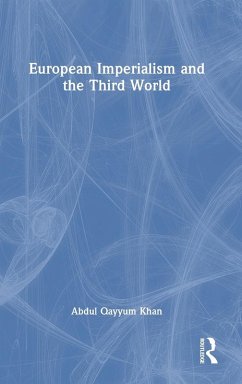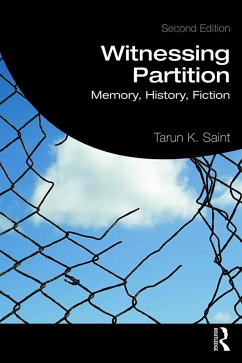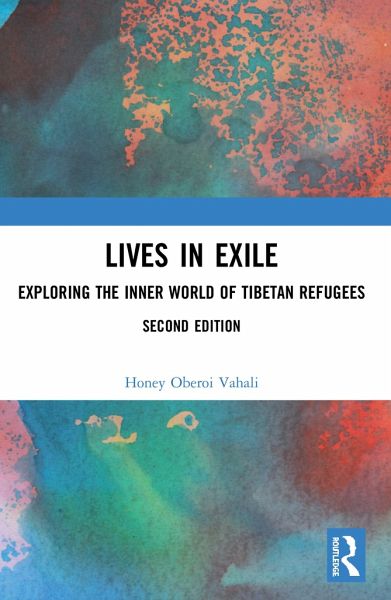
Lives in Exile
Exploring the Inner World of Tibetan Refugees
Versandkostenfrei!
Versandfertig in 1-2 Wochen
56,99 €
inkl. MwSt.
Weitere Ausgaben:

PAYBACK Punkte
28 °P sammeln!
This book explores the devastating consequences and psychological ruptures of refugeehood as it evocatively recounts the life histories of dislocated Tibetans expelled from their homes since 1959. It offers an understanding of unconscious processes and the intergenerational transmission of trauma across generations.





